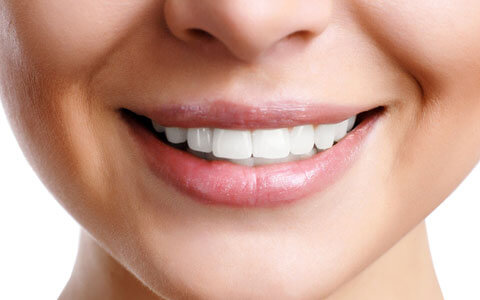Dental Terms
Prosthesis Roanoke & Christiansburg
Prosthetics, derived from the Ancient Greek word "prosthesis," meaning "addition, application, attachment," are artificial devices designed to replace missing body parts. These replacements are crucial for individuals who have lost limbs due to trauma, disease, or congenital conditions. The primary objective of prosthetics is to restore the normal functions of the missing body part, enabling individuals to regain their mobility and quality of life.
Prosthetic amputee rehabilitation is a comprehensive process typically overseen by a skilled prosthetist and an interdisciplinary team of healthcare professionals. This team may include psychiatrists, surgeons, physical therapists, and occupational therapists who work together to ensure the best possible outcome for patients.
Modern prosthetics are created using advanced technologies like Computer-Aided Design (CAD). This software interface allows prosthetic creators to visualize and design prosthetic devices in three dimensions, ensuring a precise and tailored fit for each individual.
